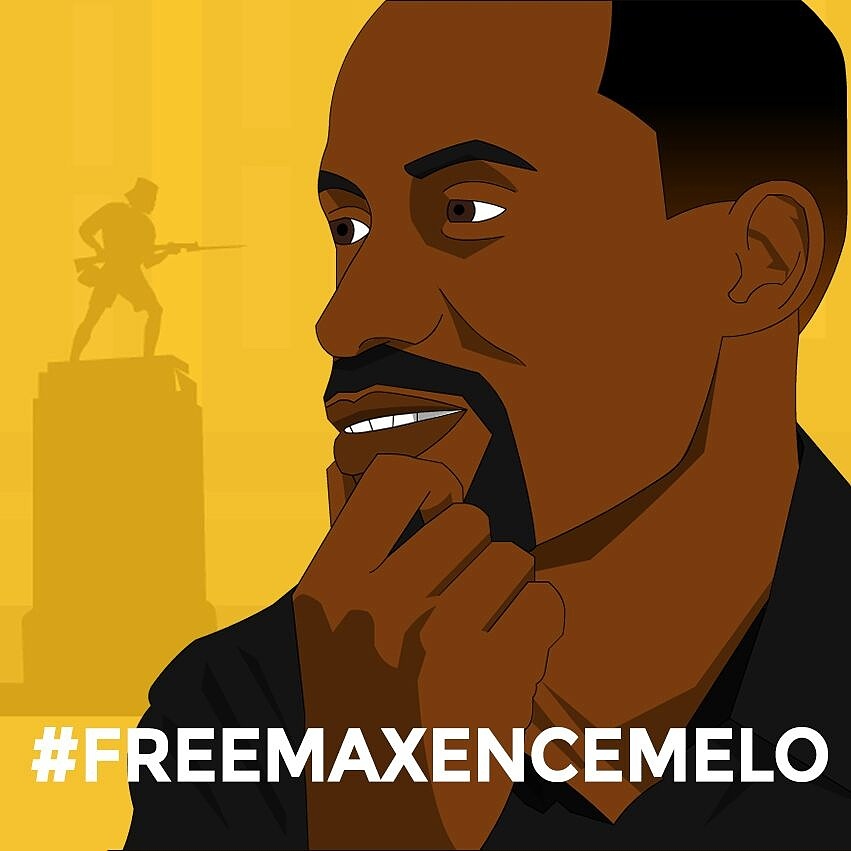The future of Jamii Forums (JF) is at stake. So is the fight against grand corruption. Like conjoined twins, the two are intertwined.
A study that was "prepared with support from the Tanzanian Police Force (TPF)" is a testament of the powerful role of JF. It states: "Jamii Forum… is one of the most respected sites that facilitate open (and anonymous) reporting." One wonders what has happened to this 'respect' after the arrest of the co-founder of JF that has galvanized a trending hashtag movementto #FreeMaxenceMelo.

JF has been at the forefront of unearthing virtually all cases of grand corruption in Tanzania. It is thus an ally of anyone who is fighting against corruption that has increasingly been corporatized in the country hence our use of the term 'corporate corruption'.
Whistleblowers must be protected especially in a regime that is ostensibly committed to fight corruption. As they say, even if a witch tells you there is a venomous snake on the way what matters is for you look if the snake is indeed out there. If a whistleblower alleges on JF that someone was involved in, among other things, a container scandal at the Tanzania Ports Authority (TPA) or there is theft at the CRDB bank, who should be the focus of your attention?
For a regime that is so keen to clean the mess at TPA as we have seen in the dramatic case of two impromptu visits from the Prime Minister, surely whistleblowing about how oil is smuggled there is useful. It is even more tantalizing to look at the alleged 'corporate connection' between big oil companies and the smuggling. Or the allegations that one of the leading oil company is involved in a gas deal akin to the one that the President has blasted when he met with the own of Dangote Cement. Does the strong state apparatuses need the identity of the whistleblowers to confirm such allegations? Or are there 'corporate interests' that want the whistleblowers muted?
If indeed companies and powerful corporate individuals are behind this subtle attempt at silencing whistleblowers, then our champions in the war against corruption might be taken for ride. They might be undermining their noble cause by sidelining an ally while embracing the very corrupt entity they are supposed to combat. Such would be the glaring consequence of using public means for protecting private gains. Ironically, the legal regime is double-edged because now any interested party can use the law and have the state and police demand information about whistleblowers.
Since the President is doing a commendable job of revamping Air Tanzania Company Limited (ATCL), let us revisit a case of how the JF platform has/had been instrumental in whistleblowing about its management. In 2015 a special report noted that one whistleblower alleged — on JF and elsewhere — that the involvement of one of the foreign companies "prompted the Government of Tanzania and ATCL’s board of directors to shelve a modest 5-year plan to rehabilitate the company in favor of a more ambitious plan to take the company to 'new heights.'" As a result, the performance of ATCl continued to "nosedive". Could this be the reasons why a new ATCL board has been constituted? If that is the case, why would it have been important to know the actual name of the presumed "ATCL insider" who wrote under the pen name Byase Luteke?
Sages had whistleblowers in their mind when they said "mjumbe hauawi" ('you don't kill the messenger'). Just act on the message. Is there a venomous snake on our pathway out of corruption?
Author: Chambi Chachage
